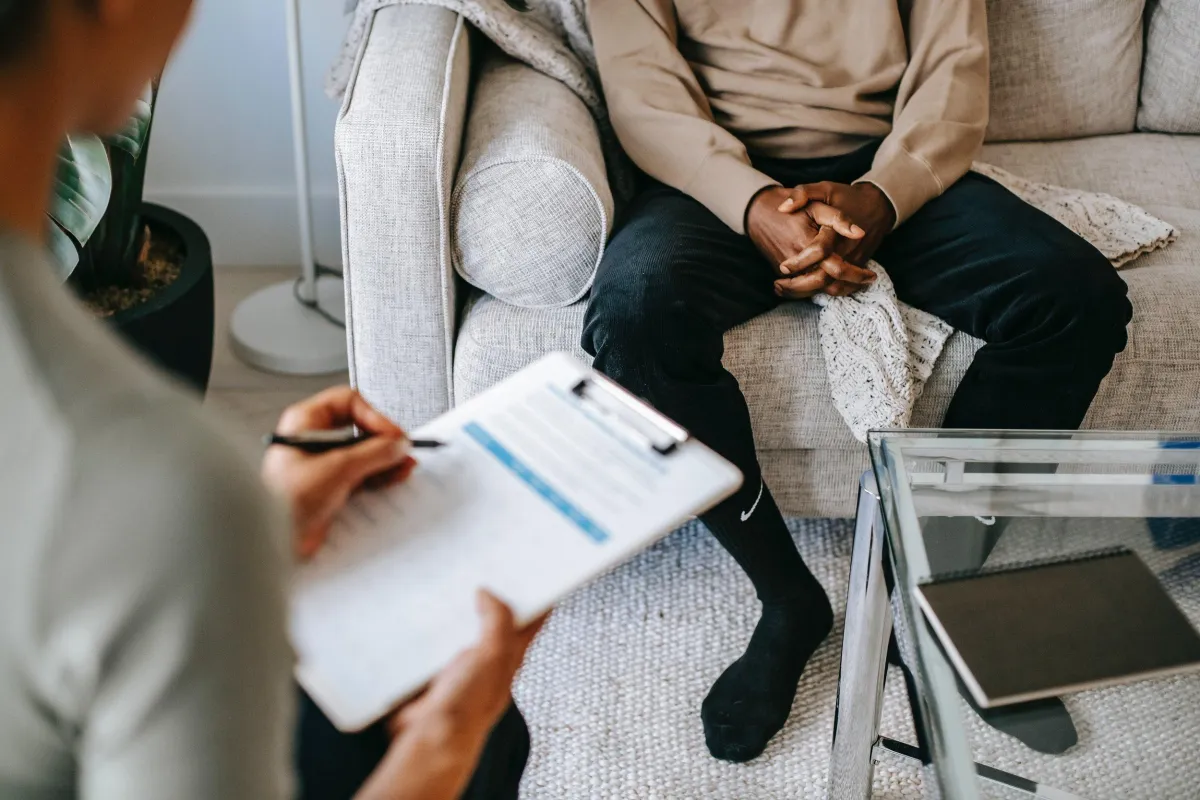
Getting To Diagnosis As An Adult
In my business, we have seen an uptick in un-diagnosed learning differences and spectrum diagnoses in adults. There is no one way to be neurodiverse and if you coped well as a kid, you may have been missed. Usually, one of two things happens to compel adults - particularly if they aren’t in school - to get diagnosed:
Major disappointment - Poor grades, job loss, broken relationship, bankruptcy, and they may be reached through the internet or after seeking therapy.
Child/relative’s diagnosis - finding out that your “quirks” aren’t neurotypical and there’s possibly an easier way to live.
What’s the benefit of an adult diagnosis?
To understand yourself better - understand why some things didn’t work out and learn how to get through a challenging situation.
To get therapy and support - treatment, strategies, coaching, and prescriptions are among the best ways to go from coping to living.
If you think you may be neurodiverse and undiagnosed, it may be hard to find resources for testing. Want to know more about Learning differences? Here is a list of resources we found to help guide you on your way:*
Seven Learning Disabilities every Psychology Professional should study.
Types of Learning Disabilities
https://ldaamerica.org/types-of-learning-disabilities/
Not sure if you have the symptoms? Try a self-assessment:
ADHD - self-assessments
https://www.psycom.net/adhd-test
https://www.adhdadulthood.com/adhd-test
Learning Differences self-assessment
https://www.mentalup.co/blog/do-learning-difficulties-test
ASD self-assessment
https://www.additudemag.com/screener-autism-spectrum-disorder-symptoms-test-adults/
If you see yourself in any of these self-assessments, please seek professional support from a licensed Psychologist. list your symptoms and their severity with examples to show to your provider.
To find a provider - in the US:
Check with your health insurance and search for Neuropsychologists, Psychological testing, and Psycho-Educational testing. Many insurances cover these tests - including Medicaid. Request a referral from your primary care provider as needed.
Alternatively, Find your state Rehabilitation Services Agency to see if they offer testing services. https://rsa.ed.gov/about/states
If you are able, you can Self-Pay for an online diagnosis for a faster turnaround.
ADHD/Learning Difference testing
https://ediagnosticlearning.com/adultadhd/
ADHD testing
You can find out more information by searching for groups like
Children and Adults with ADHD
Learning Disabilities Association
*We are not doctors and do not endorse or recommend any methodology, treatments, providers, or medications - this is not for diagnostic purposes. This is just a compiled list of resources.
